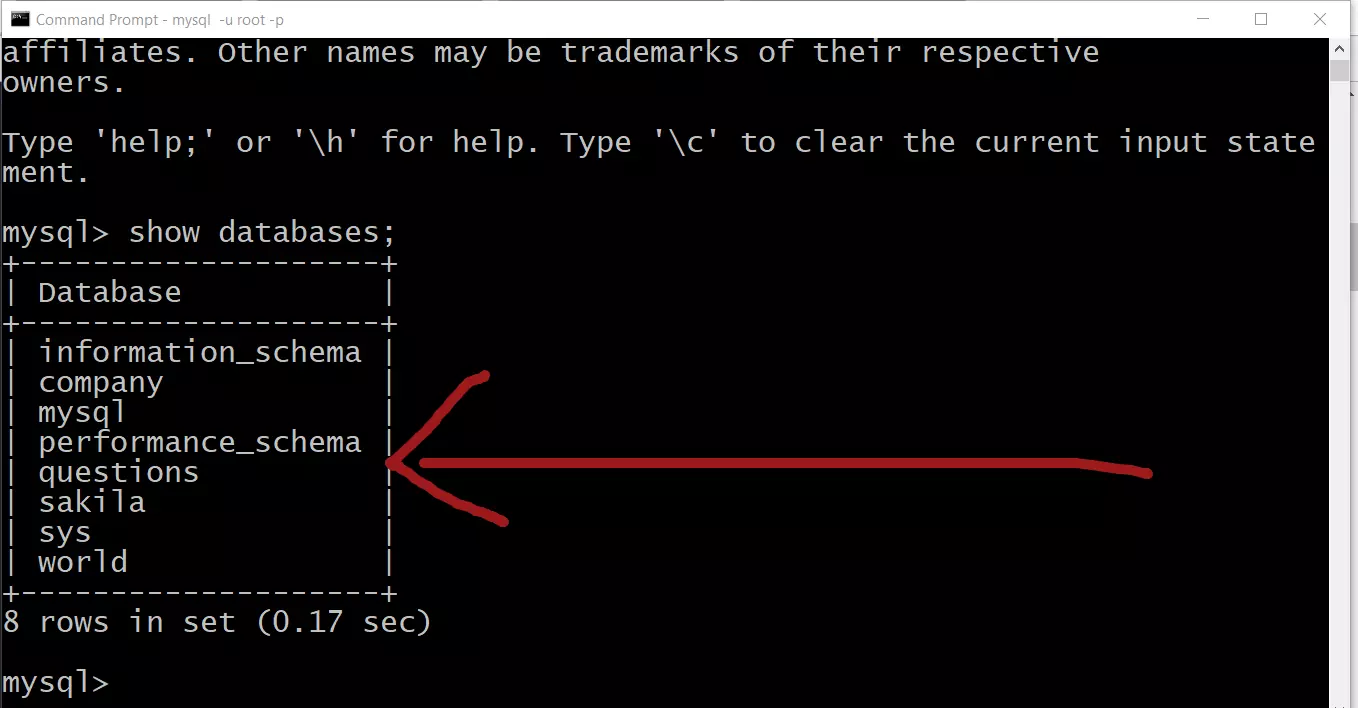

- How to use eclipse c++ install#
- How to use eclipse c++ full#
- How to use eclipse c++ iso#
- How to use eclipse c++ plus#
But the Linux Kernel depends on GCC-provided "freestanding environment" headers like stdarg.h, stdbool.h and so on, which are typically hosted by GCC under /usr/lib/gcc///include. Rationale for this step: -nostdinc already asked gcc to not search the standard system directories for header files.
How to use eclipse c++ full#
If you're using a cross-toolchain to compile the kernel, use the full path of that cross GCC compiler, instead of just typing gcc in the command mentioned. Append the resulting output to the Command to get compiler specs mentioned above.
Open a terminal, and type "echo -isystem $(gcc -print-file-name=include/)". That is, it does not want to be polluted, and obviously cannot work with, the "host" header files and libraries. How to use eclipse c++ iso#
The kernel is a free-standing environment by ISO C99 definition.
Append -nostdinc to the curretly-existing Command to get compiler specs. Uncheck Use global provider shared between projects. Click the Providers tab and select CDT GCC Built-in Compiler Settings.  Under C/C++ General, select Preprocessor Include Paths, Macros etc. Click OK and OK again to dismiss that dialog. all the ones that are not for the architecture you are using)
Under C/C++ General, select Preprocessor Include Paths, Macros etc. Click OK and OK again to dismiss that dialog. all the ones that are not for the architecture you are using) 
and then select all of the arch/* directories in your kernel source that will not be used (i.e. Select the Filter item and click Edit Filter.
How to use eclipse c++ plus#
Click the plus sign (or arrow/triangle) next to your project name. e.g., arch/powerpc/include and arch/powerpc/include/uapi (The UAPI directories are due to the kernel's user/kernel header split covered here in-detail) Do another Add, Workspace and add both arch/ architecture /include, and arch/ architecture /include/uapi directories. then select your kernel's include, and include/uapi directories Select the Includes tab and then select GNU C. Click on Paths and Symbols on the left. Uncheck Index source files not included in the build. Checkmark the Enable project specific settings box. Also add any other macros files you are using. Choose Preprocessor Macros File from the top left dropdown, Project Path from the top right dropdown, and enter " include/linux/kconfig.h" into the File text box. Select CDT User Setting Entries in the Setting Entries list. Open the C/C++ General selection on the left. To mitigate that, temporarily disable indexing now by opening C/C++ General section, click on Indexer, click on Enable project-specific settings, then unmark the Enable indexer option. Note: At this point, and starting from Eclipse Oxygen, Eclipse will aggressively start indexing your project, which can make Eclipse painfully slow for the rest of the configuration steps below. 
In the Project type: pane, click the Makefile project and select Empty Project.Uncheck the Use default location box and type in the root directory of your kernel into the Location box.In the pop-up window, choose C/C++-> C Project.Configure and build your kernel to define CONFIG_* and generate autoconf.h.
How to use eclipse c++ install#
Download and install Eclipse plus the CDT. See FAQ_How_do_I_increase_the_heap_size_available_to_Eclipse? Tip: Increase heap size before starting the index for Linux Kernel. Disclaimer: These steps were last updated for Eclipse 2019‑03, CDT 9.7.0, and Linux v5.1-rc4








 0 kommentar(er)
0 kommentar(er)
